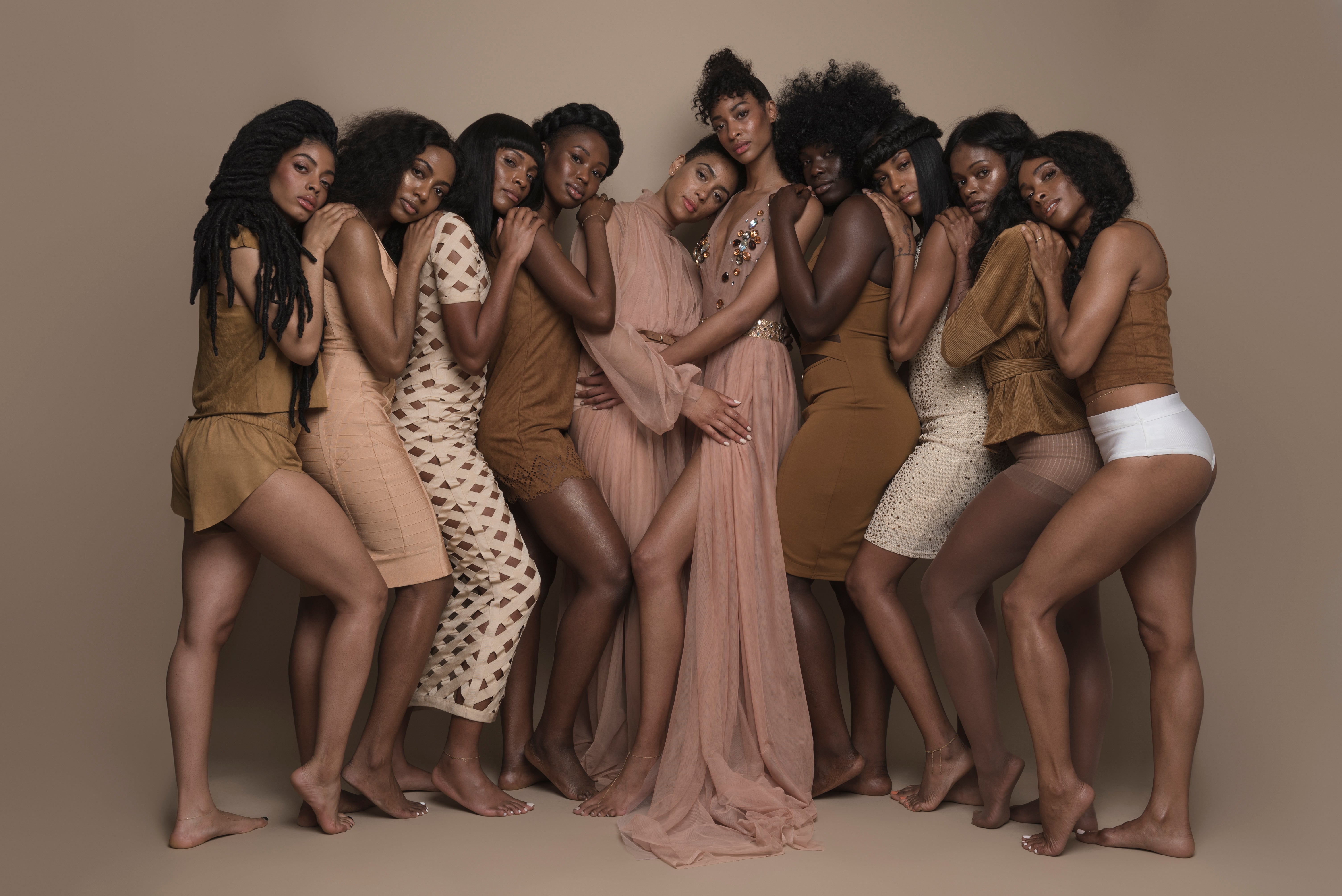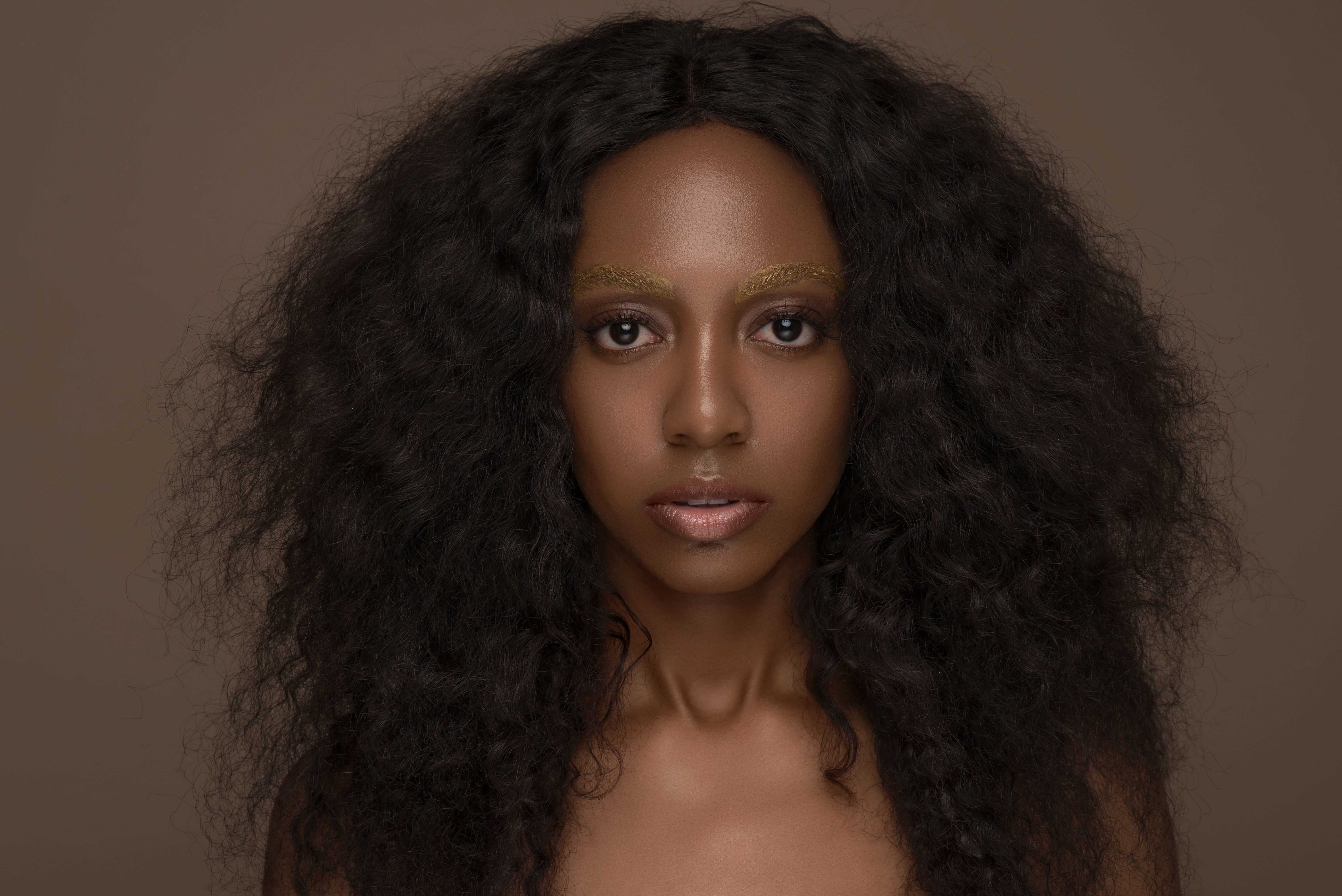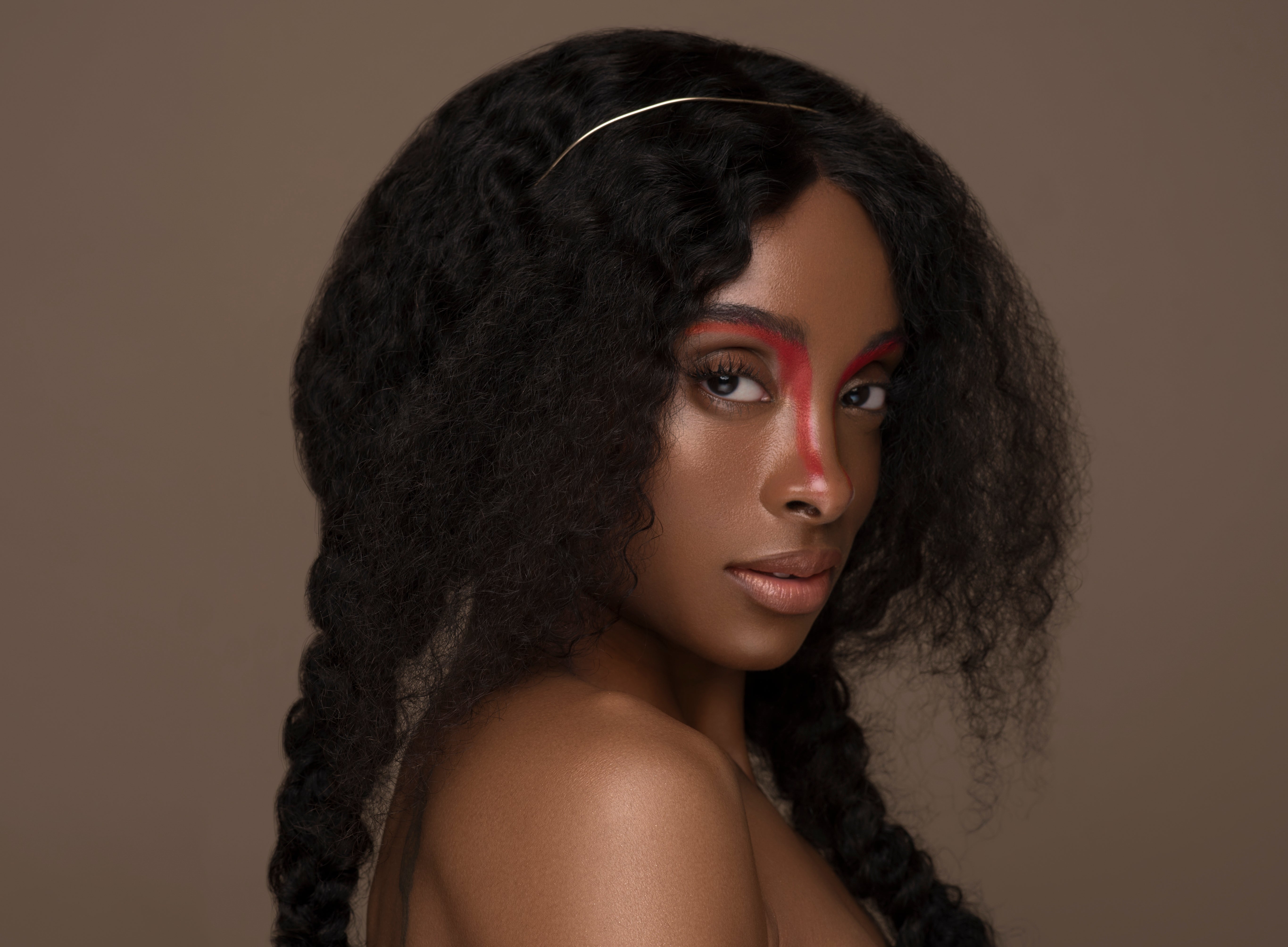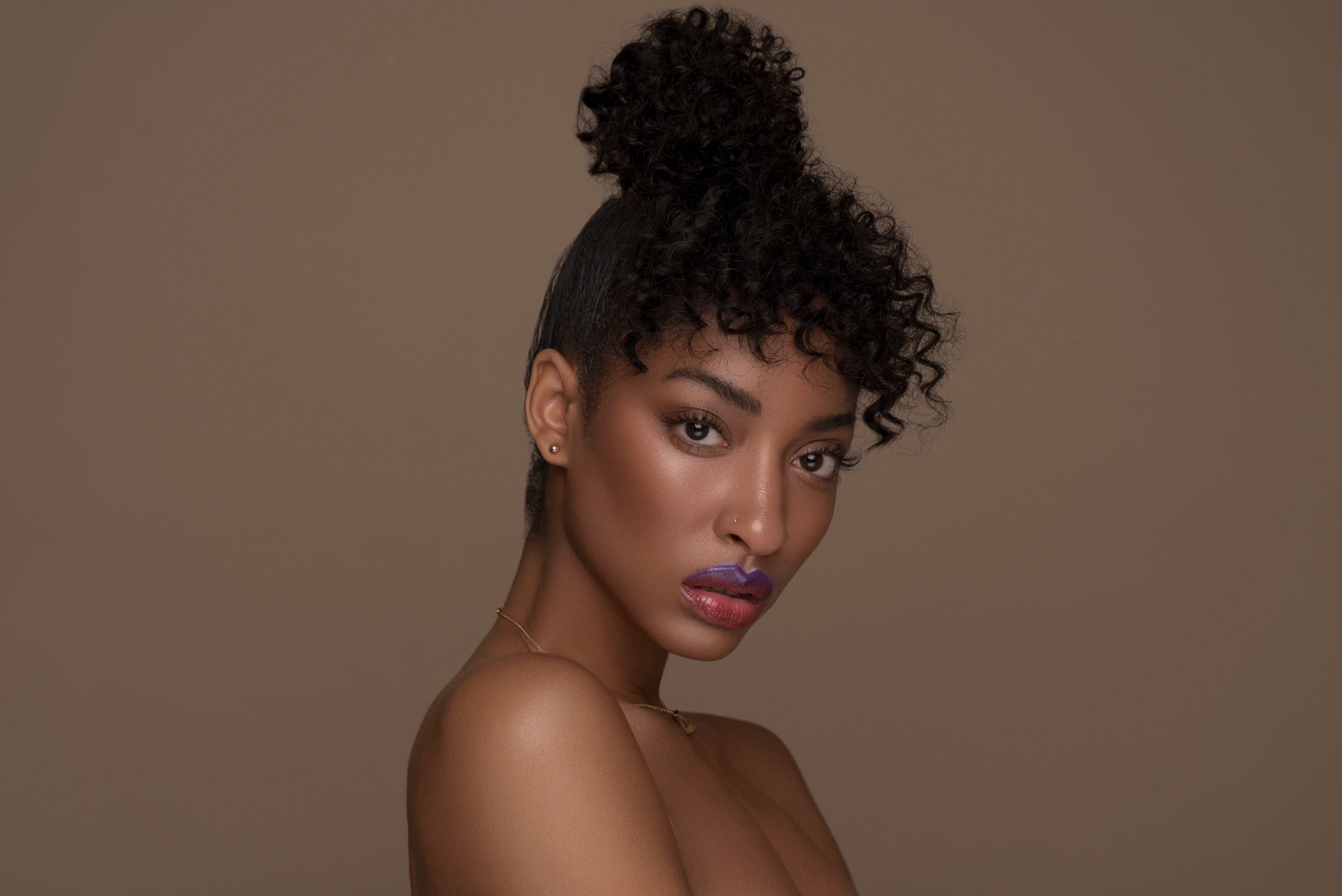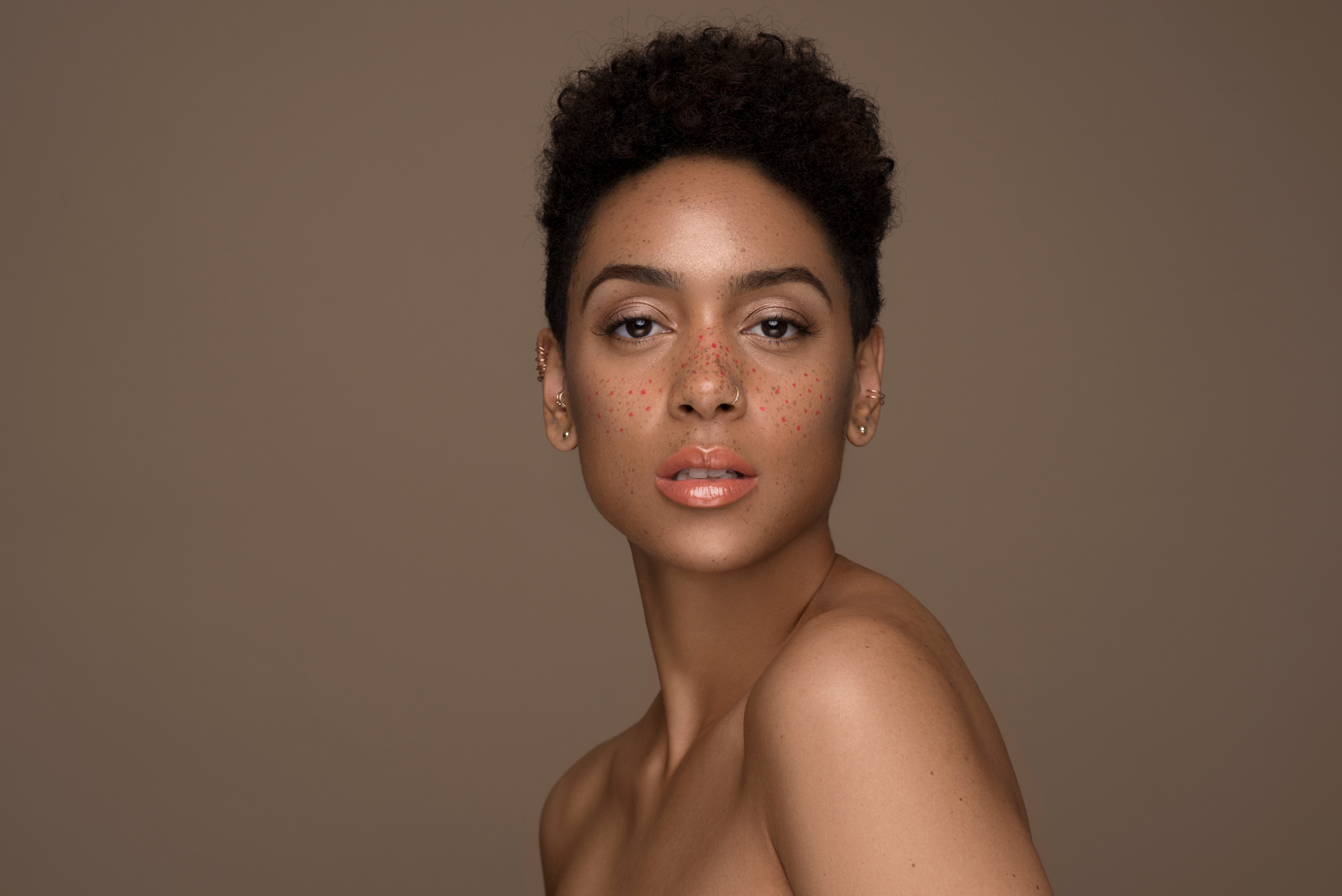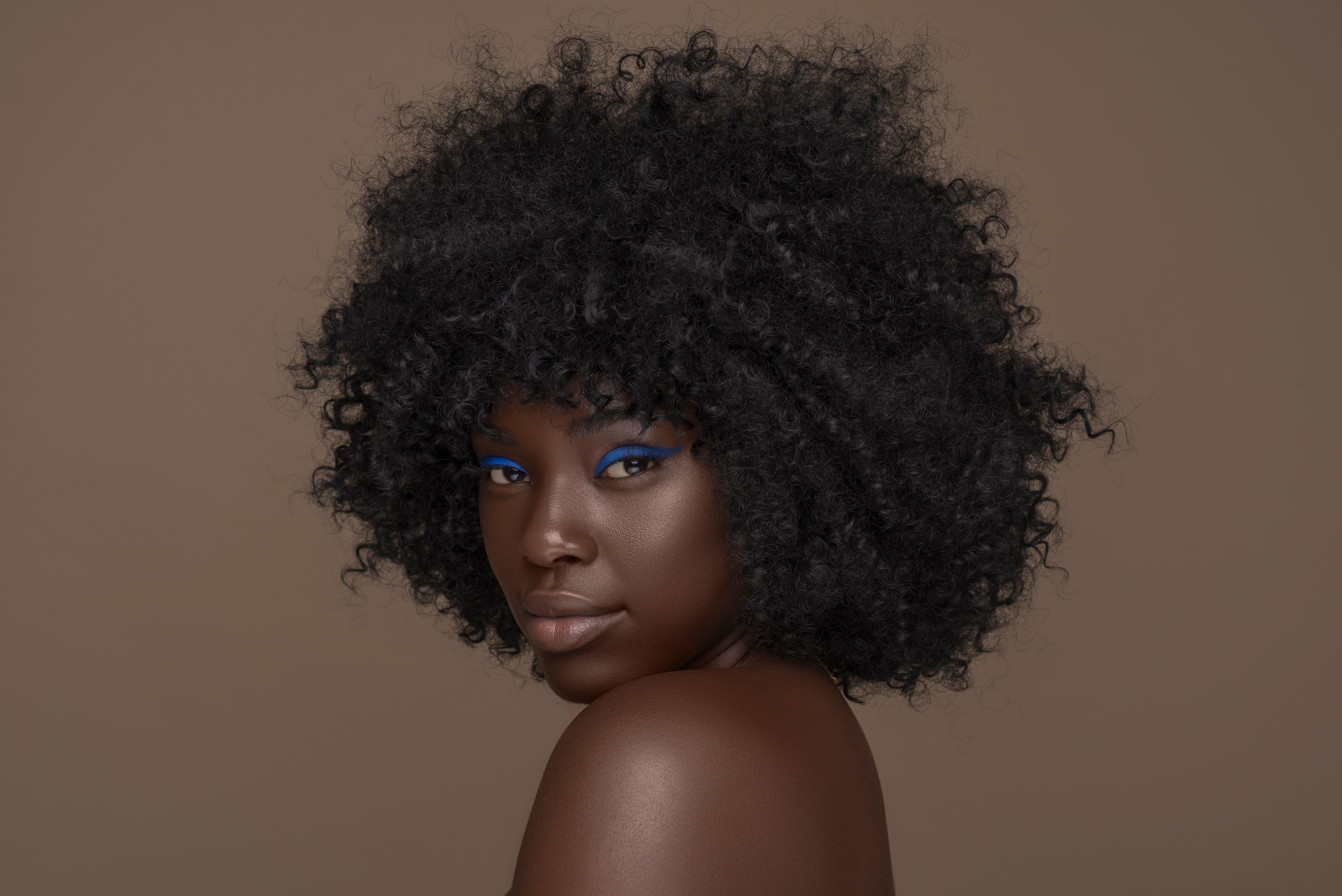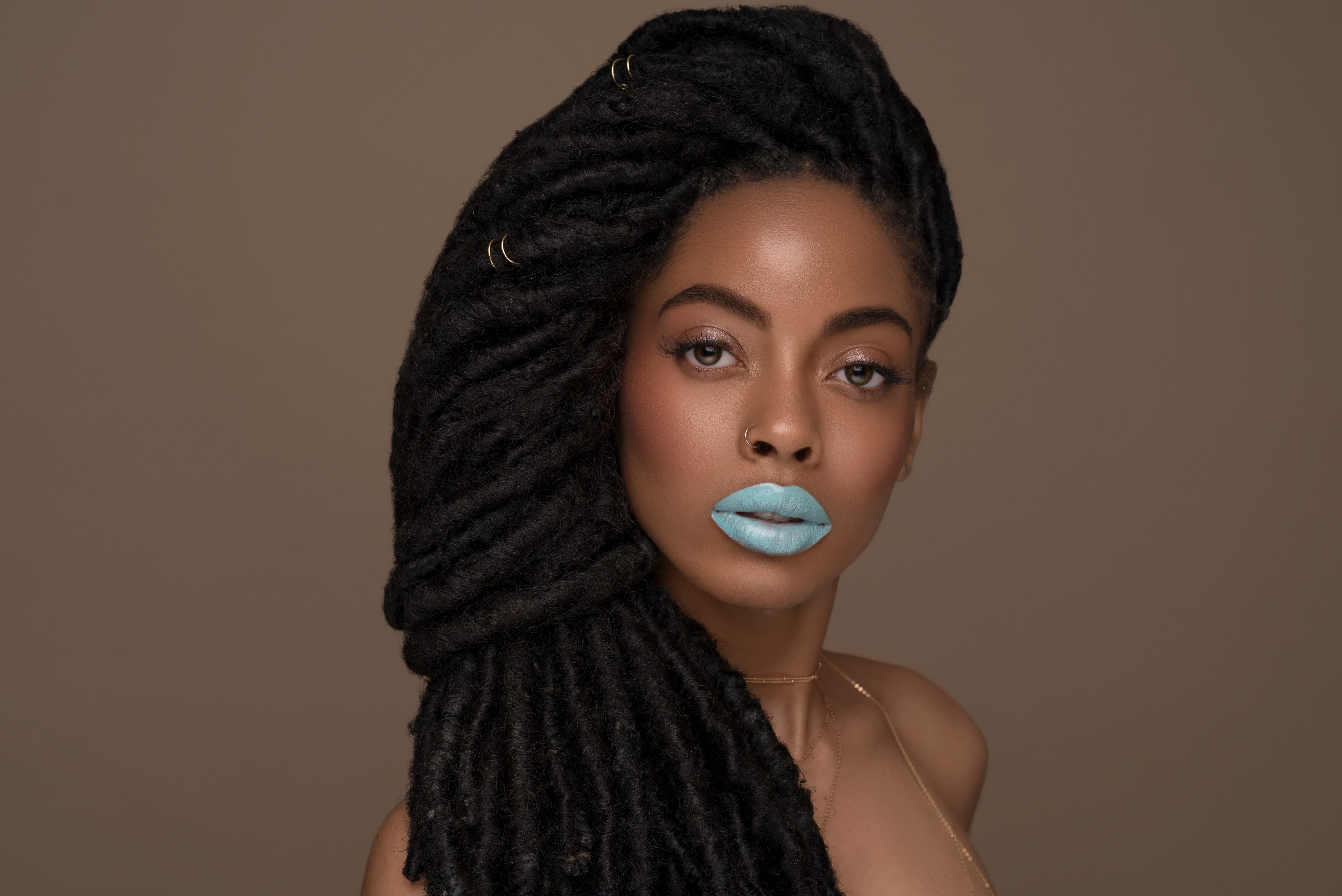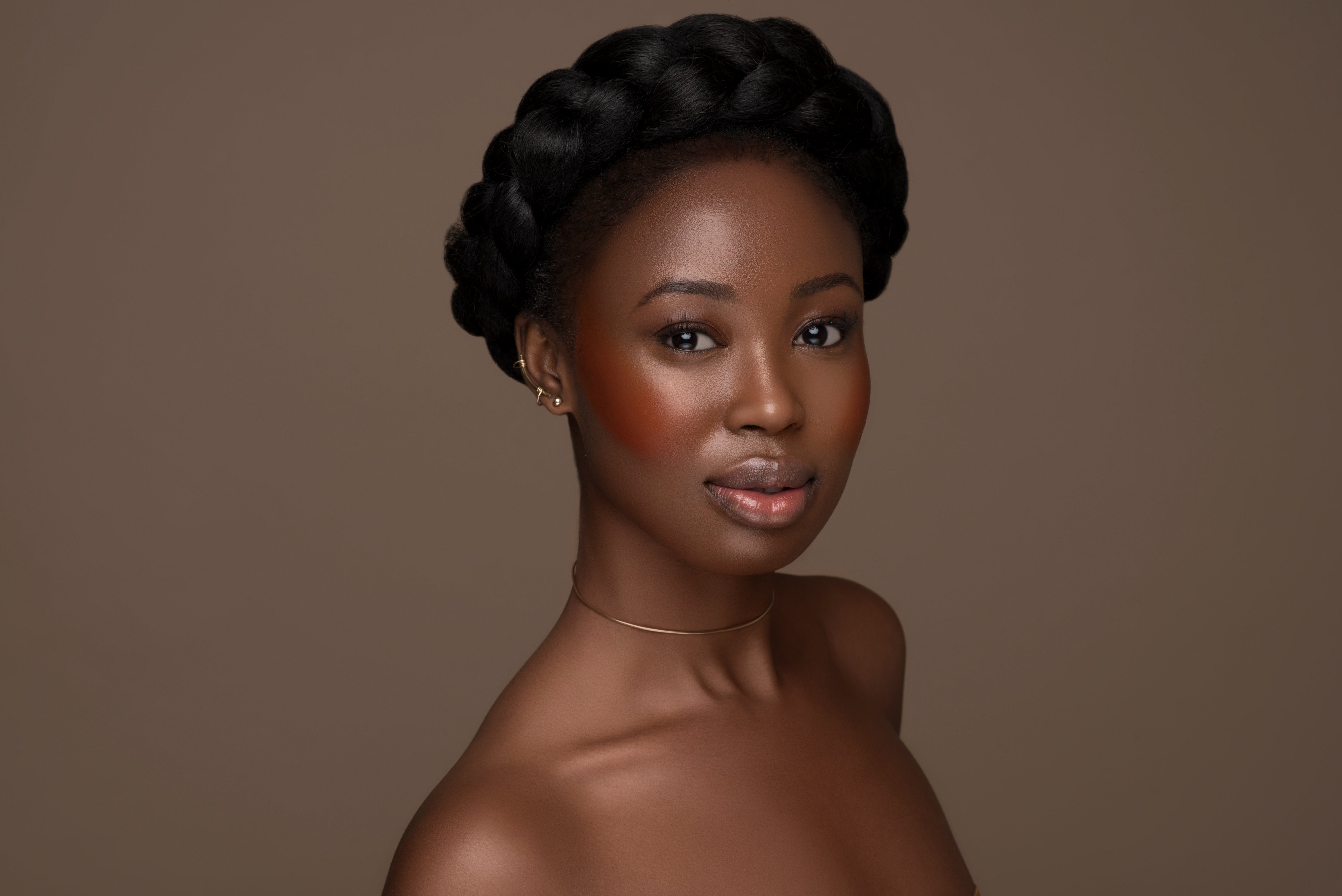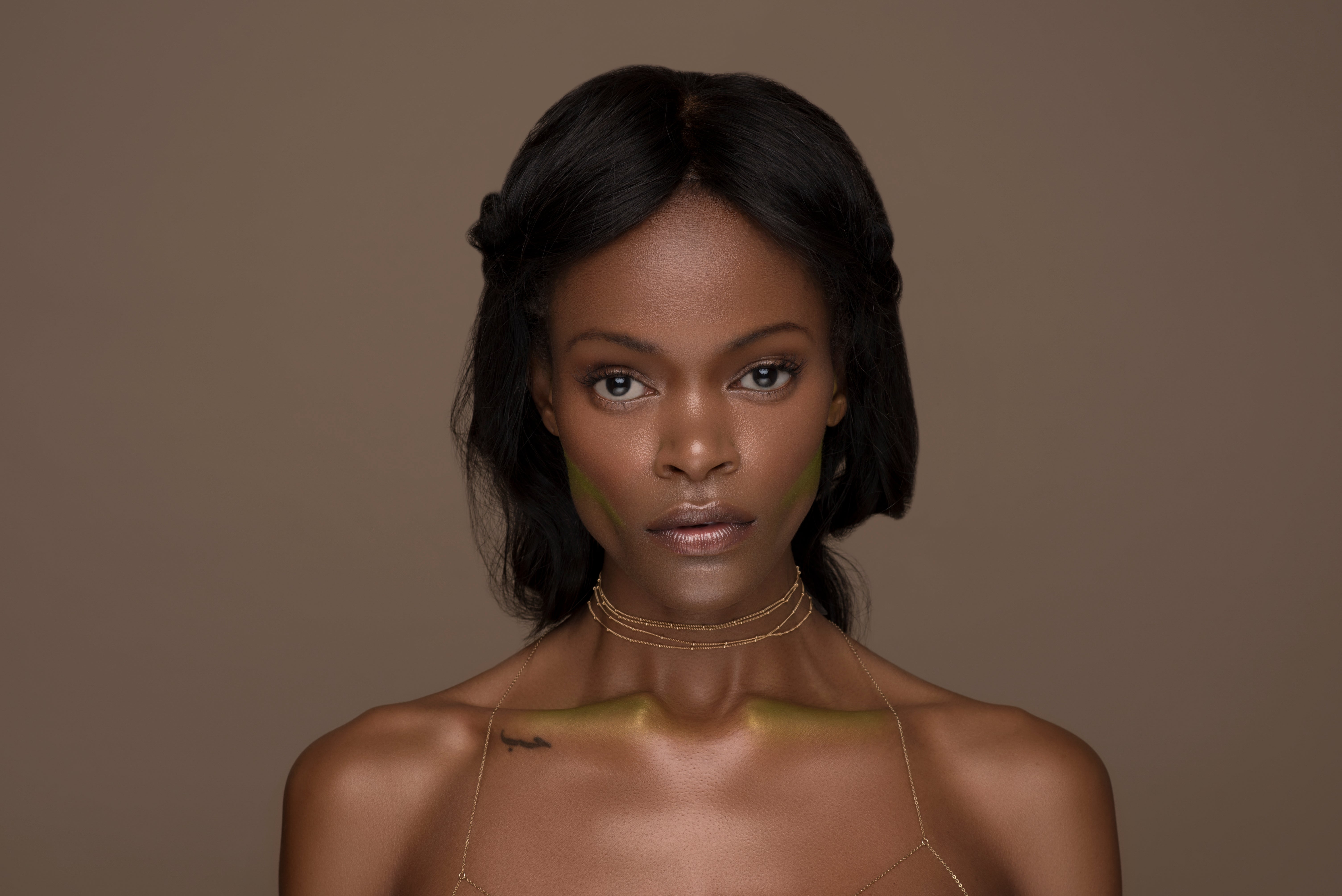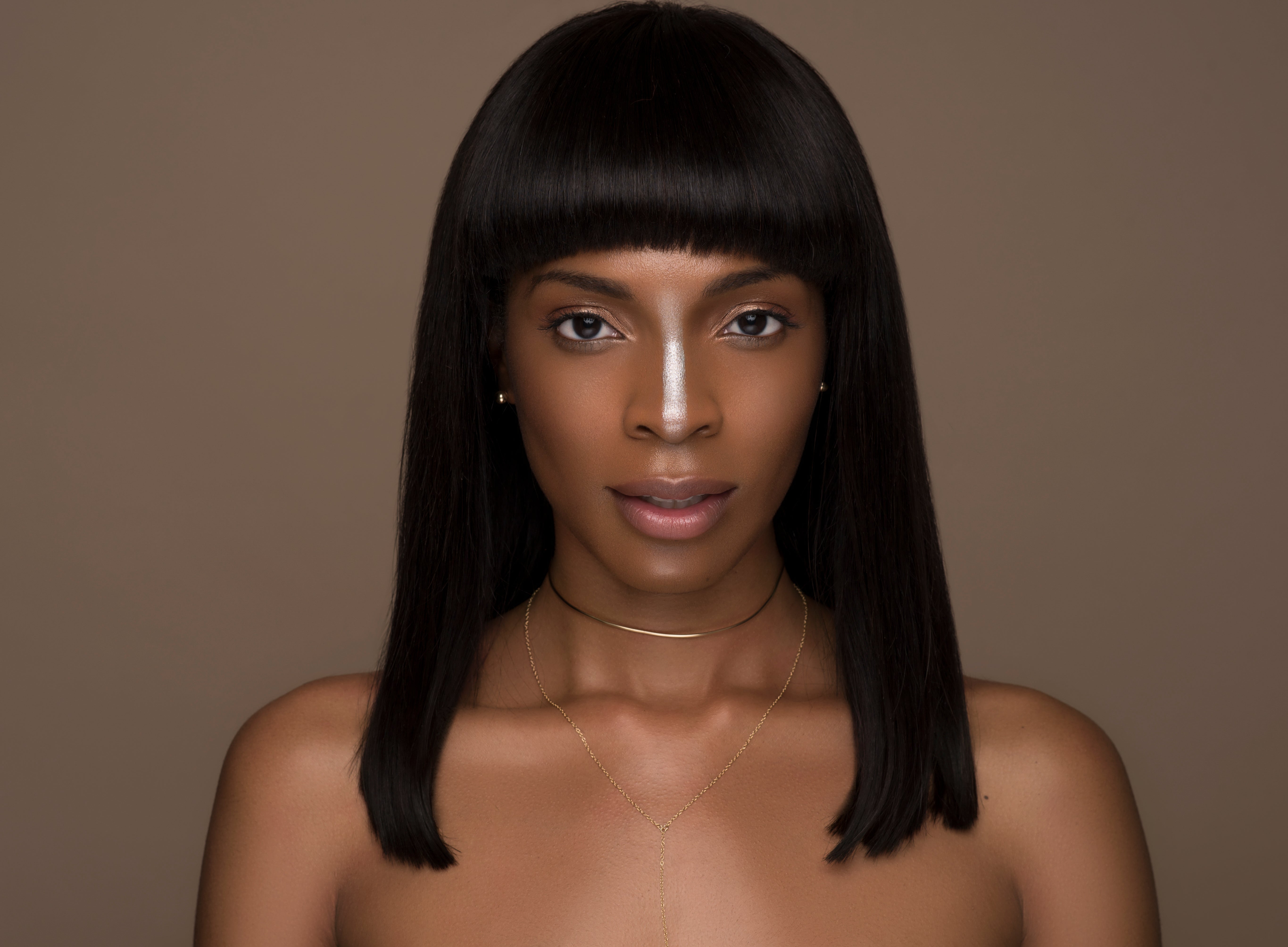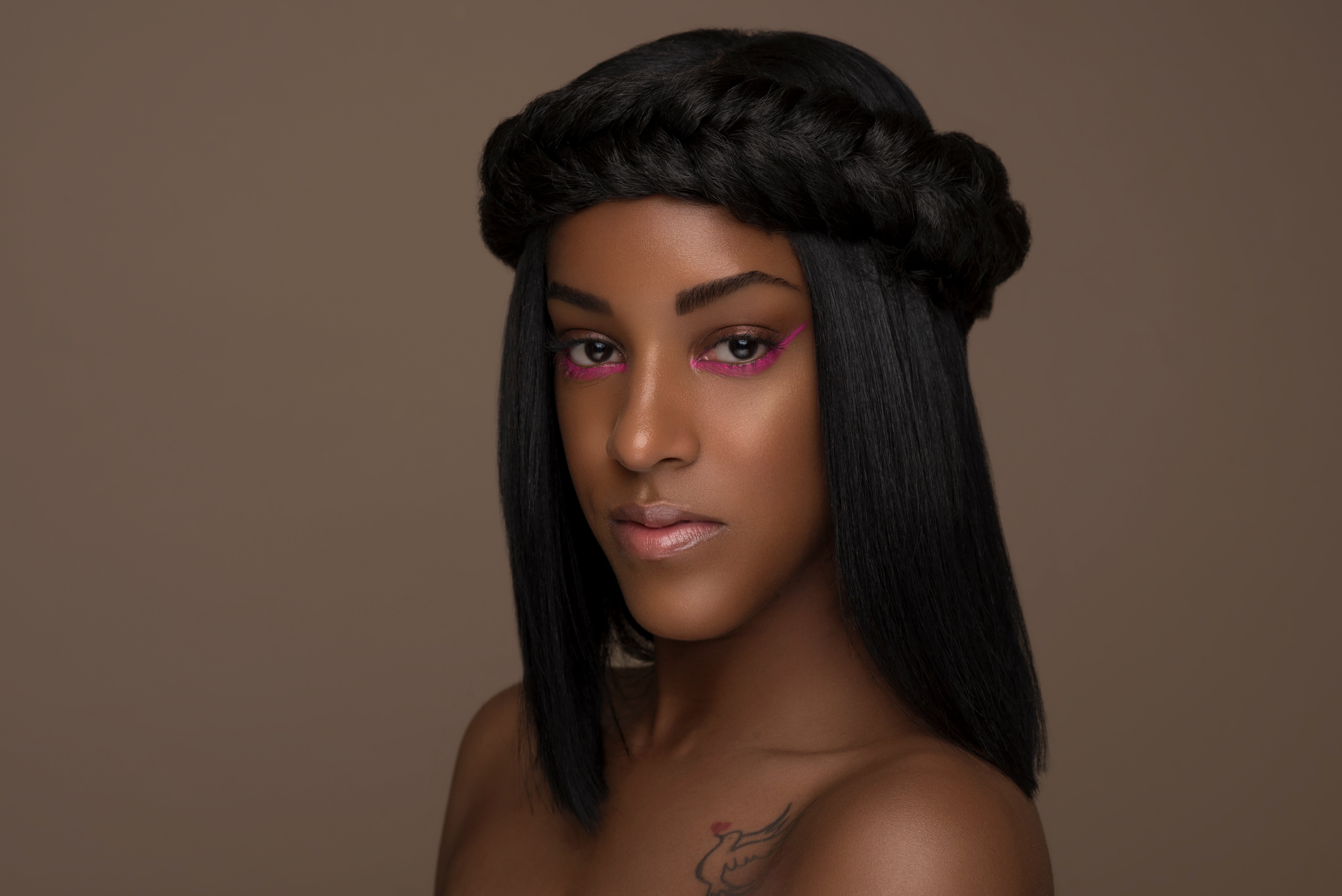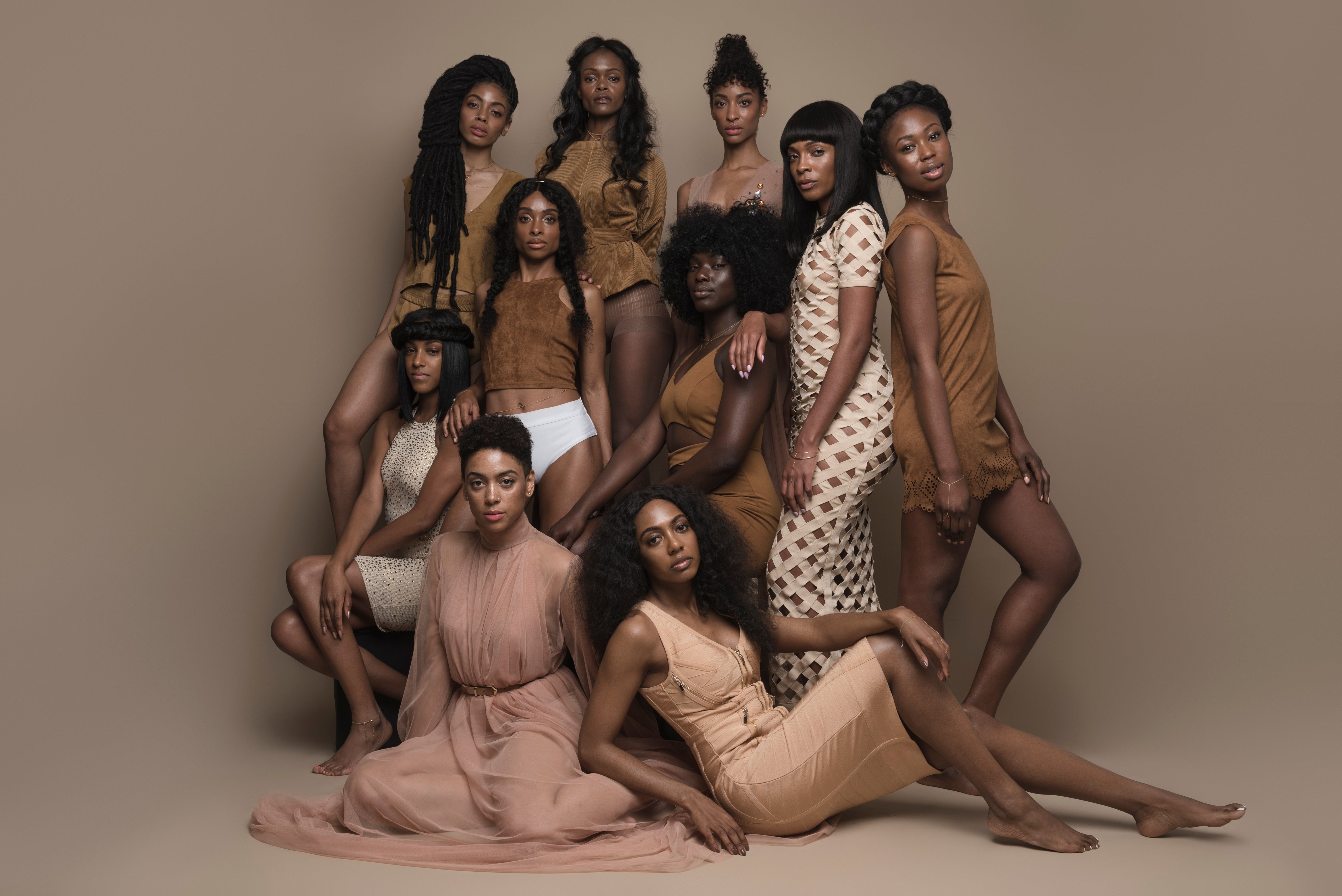Two women are working to reclaim beauty for the Black woman through their self-love campaign, “The Colored Girl Project.” In their freshman campaign, ten Black women from different walks of life were selected through social media to celebrate and showcase the different aspects of beauty as it pertains to the Black woman. Shot by popular photographer, Joey Rosado, the results are the perfect combination of Black Girl Magic and Queendom all wrapped up in one! Meet the freshman class of the The Colored Girl(s).
“I started the ‘The Colored Girl’ Project because I wanted to show the different aspects of beauty as it pertains to Black women. I wanted to highlight and celebrate our unique beauty: our eyes, our lips, our cheekbones. In choosing the models, I was looking for one girl in every shade of brown; I found 10 models on social media. I wanted women from different social and cultural backgrounds. I wanted women with angular eyes, women with freckles and fair skin and women with really rich, ebony skin. It’s so important to be proud of who we are and showcase the beauty of Blackness. -Tori Elizabeth. Founder The Colored Girl Project
“Being A Black woman is like walking Grace—there’s a beauty and a power in living in this skin.”
-Victory Jones, co-founder The Colored Girl Project
When asked about experiencing colorism as a Black woman, Jones stated, “Colorism is a strange phenomenon. It’s weird to be made to feel like you’re less than for something that you can’t help— it sucks. And, when it happens when you’re little it’s horrible because it scars you. You want to forget it, but it’s indelibly engrained in your brain even if you suppress it. It informs choices that you make in the future. I think I’m still overcoming experiences with colorism. You get to a point when you realize that who you are matters more than how you look., but there is still a strength that I have specifically because I live in this skin.”
“What I love most about being a Black women is the strength that we exude. As Black women, we have had to overcome so many obstacles in multiple ways: through the industry, in relationships, and society in general—in this day and age, it’s such an empowering thing to be a Black woman.” -Kalah Christina
“What I love the most about being a Black woman is that we have this inner strength that no one else has—I don’t know that other people could handle the things that we go through. Being a Black woman demands strength of us.” -Hilda Akua
Akua, who migrated to the States from Ghana, and currently holds the Miss Universe Pageant, Miss Ghana title, recounts her issues of colorism stating, “It’s really interesting to me that there’s such a disconnect between Africans and African-American’s. Being born in Ghana, I didn’t see a white person until I was five years old, but there are so many stereotypes that exist within our own race even though we favor each other visually. The way to overcome colorism is through education.” Akua states she had to learn herself and assess her experience stating, “there’s a difference between being Black in the United States and being Black abroad. Here, regardless of where you are from originally, if you [look brown,] you’re Black—we need to realize that we share that common threshold and identify our strength within it.”
“I’m Dominican so colorism is apart of the culture because of colonization. Caribbeans—especially Caribbeans of color—experience it daily. Ultimately, however, we’re still so beautiful—our skin, our hair, we don’t age. I love that I’m 40 years old and no one believes me when I say that! ” -Monica Mateo
When asked about colorism, jewelry designer, Malyia McNaughton suggested that Black women are often on the receiving end of false compliments. “I don’t like back-handed compliments,” McNaughton states, “those ‘you’re pretty for a brown girl’ statements. When someone tells me that I look like a ‘Black Barbie’ I often wonder what that means and then they’ll say something like ‘your features look European, but you’re a brown girl.'”
-Malyia McNaughton
“I love that being able to state that ‘I am a Black Woman’ is a source of power in itself. Living in this skin and being able to say and identify with that statement breaks so many barriers and stereotypes set against Blacks and women as a whole. ” -Yada D. Lamb
Embrace the beauty of your Blackness and be apart of the movment. Follow the The Colored Girl project on Instagram at @thecgirlinc.
